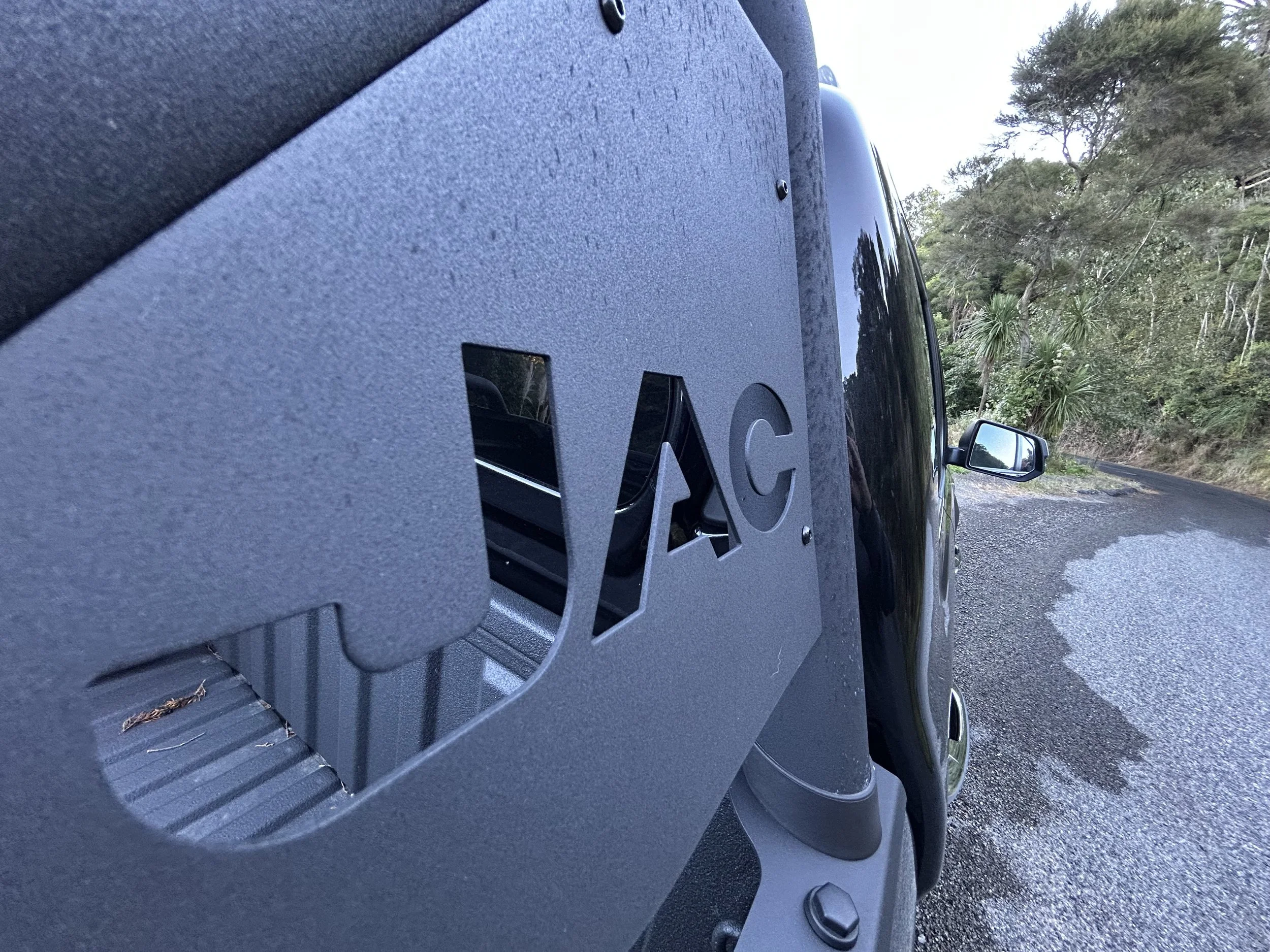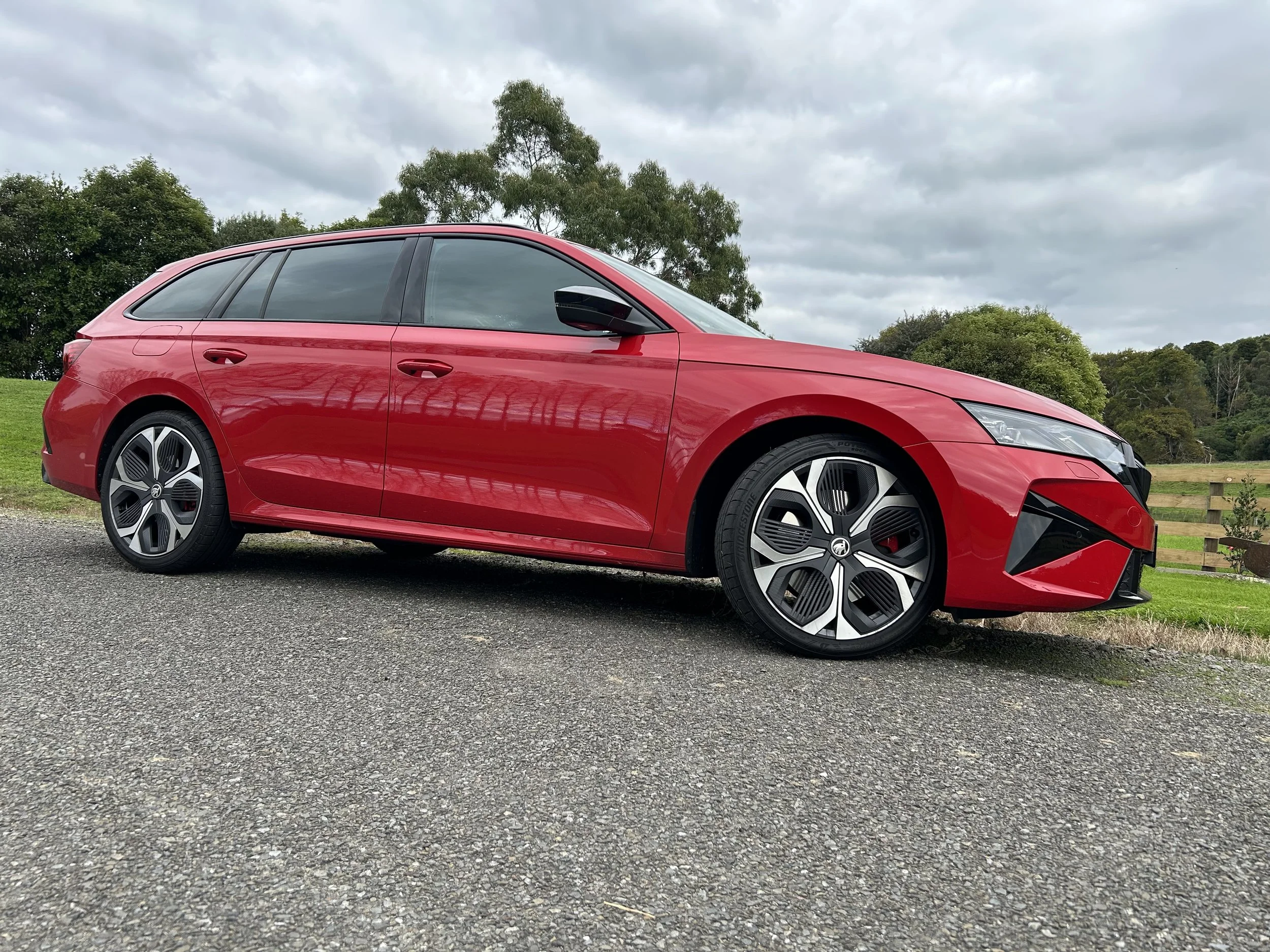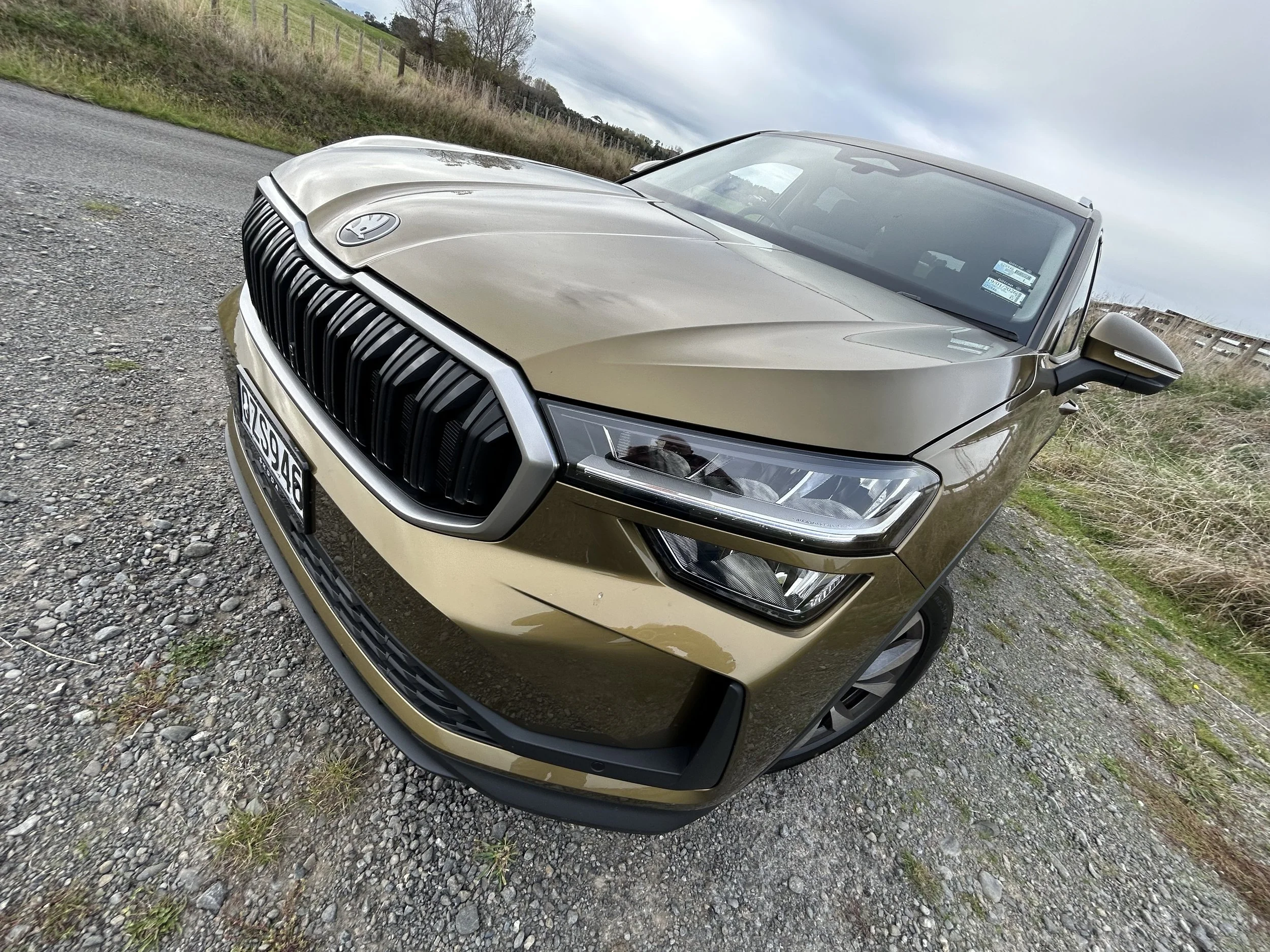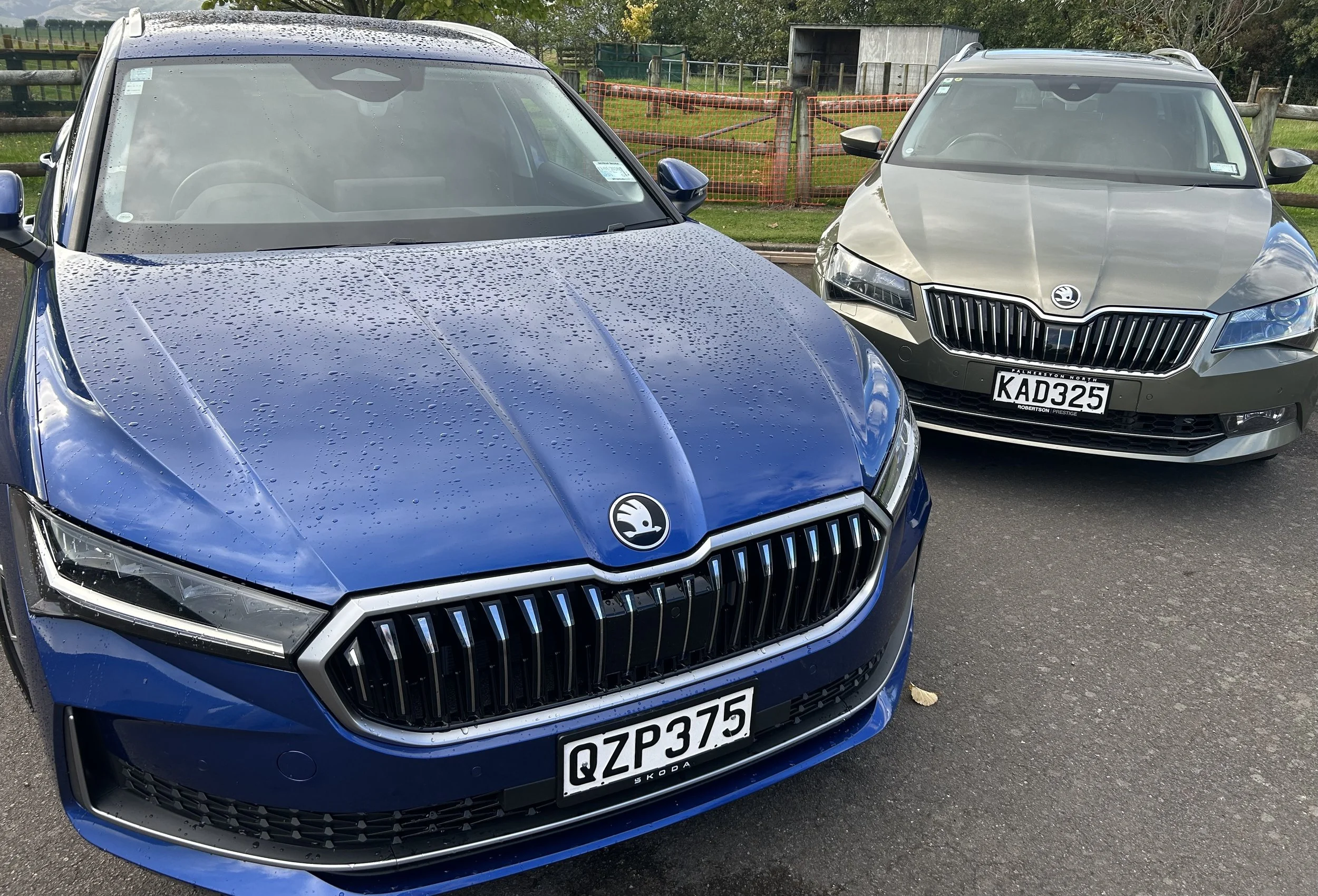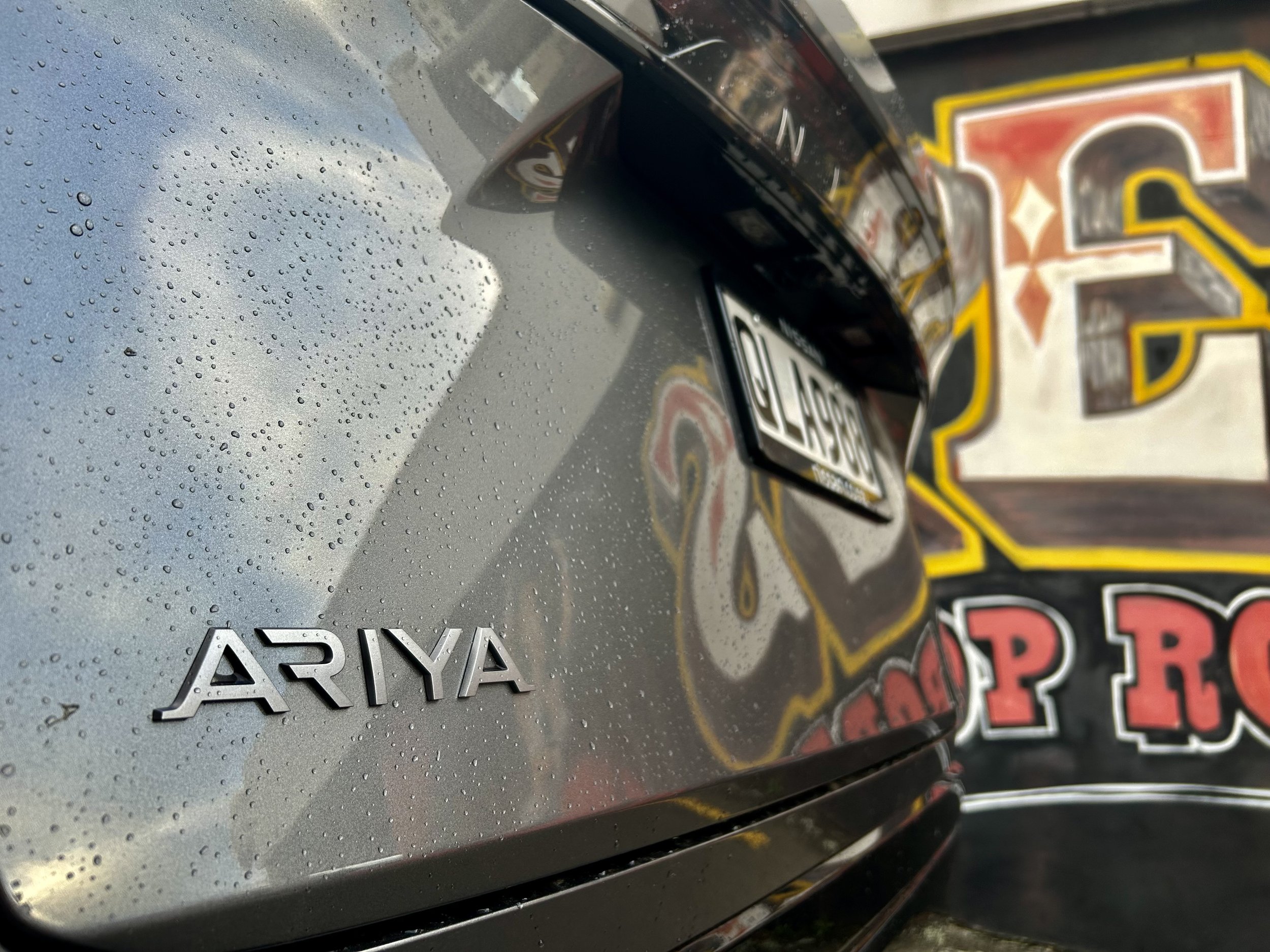IS, EV important to Lexus NZ's 'grand' plan
/It’s niche, yet it’s still necessary – Lexus NZ’s boss explains why his operation retains faith in the IS sedan despite a tough couple of years. Andrew Davis also talks about the brand’s performance and electric future.
The fourth generation IS is really a big refresh of the old car, but Lexus NZ is confident the update will appeal more to Kiwis and lead to a sales resurgence.
HOW much challenge awaits a highly-rated performance-themed sedan when it delivers with fresh pizzazz – a host of styling and technology tweaks abetting the outgoing model’s well-regarded underpinnings?
Market trend suggests it will still be considerable, the local boss of Lexus concurs, in discussion about the IS.
The consumer rush to crossovers and sports utilities has lifted Lexus but not without loss; that shift is fuelled by sedan abdication. It’s why the GS has been pulled, the ES and LS are down to a sales crawl.
And IS? The past two years’ NZTA registrations relate that the BMW 3-Series fighter has also taken a pummelling; 40 national registrations last year after 63 in 2019.
Not a good graph, you’d think.
And, yet, while IS is down, it isn’t out. There’s confidence it can climb back – potentially into a three-figure sales result this year, Lexus NZ general manager Andrew Davis vouches.
New styling is just part of the IS’s makeover. It also picks up additional technology. The drivetrains and chassis are carried over, though.
Hence why it has unleashed seven derivatives of its smallest rear-drive product, including a new hybrid variant, in a performance theme.
What’s being described as the fourth-generation model is more accurately a big makeover. A number of fresh technologies, improved dynamics and a complete overhaul of its dramatic styling place atop an existing platform, with carryover hybrid and pure petrol powertrains, albeit with a few unique mapping tweaks to increase responsiveness.
Davis sees it as a fresh start car and is confident the 2021 count will be at least double last year’s – perhaps even hitting three figures. However, he concedes the decision to keep the car in circulation was no given.
Could it have been dropped? Simply, yes. Global and local trends could hardly be ignored.
“Consideration for us came into quite a few factors,” Davis says on explaining why it ultimately received a green light, rather than a red.
One was not having a GS. Thought was IS could successfully span into the bigger car’s zone. Also, Lexus took another look at how certain European models were bucking the trend. Specifically? Mercedes C-Class.
“We thought ‘some competitors, particularly Mercedes, are still going quite well with sedans’. We realised that the car the size of IS therefore still has a place. We had also had reasonable success, albeit low volume, with ES. So we thought we still should keep it in the market.”
Still, some will say Lexus NZ is being extraordinarily bold in launching with seven IS derivatives; going by the registrations counts for the past two years, there surely has to be a strong likelihood some of these might represent in availability only and never in true ownership?
Andrew Davis, who now heads Lexus NZ in addition to being head of marketing for Toyota NZ, says the aim this year is to achieve 1000 sales - or more - for the premium marque.
Davis says it’s an interesting question. “We’ve added in an F-Sport hybrid and hybrid is becoming a bigger proportion of our sales … and the technology has gotten better and better. I think people still want the hybrid benefit, but they also want the look, so we’ve added that to our range.” The initial order of six base cars, 13 F-Sport and 16 Limited hybrid models suggests the demand is there and also supports in-house thought that hybrid F-Sport and Limited will be the lead sellers. Ultimately, the market will decide what’s hot and what’s not, yet he’s confident nothing will be left on the shelf.
AS for volumes? Davis asserts there’s every likelihood the bottom of the curve has been reached; from now on, the graph line is ascending. He thinks this year’s IS tally will be at least double the 2020 result, if not exceed 100 units. Which, if achieved, means the car will contribute to 10 percent of the brand’s overall expected volume for this year.
“We definitely expect growth. You do with every new model coming in. I think the styling is more appealing to New Zealanders … the spindle grille is a little more subtle.”
Last year Lexus NZ achieved 818 registrations, with its SUV stock accounting for more than 70 percent of that volume. Davis expects that dominance to ramp up to almost a 75 percent split in 2021, where the target is 1000 units. Or more.
“We are expecting good growth. When Covid was hitting hard – we’re talking July-August – we reduced our (2020) forecast to 650 units. So we are looking at quite a turn.” Last month produced a good start; 131 cars sold. “If you’re looking at 1000, 131 is a good start.” All the same, Lexus is no more immune to any other brand when it comes to sourcing stock. The market is running strong, but fulfilling that demand could well be challenging.
Could you see this car being the basis of another IS-F? The thought intrigues Davis, and there has been scuttlebutt, but nothing concrete.
Now that Toyota has Gazoo Racing, is there latitude for Lexus to revive the full-blown IS-F performance car? Indeed, is there latitude for Lexus – the make that brought the world the astounding V10 LF-A, which Toyota boss Akio Toyoda raced in several Nurburgring 24-Hours, including when the rocketship coupe was still under development - to have anything like Gazoo?
That one raises a reflective laugh from Davis. “There’s nothing on the horizon that I’m aware of. There is speculation on IS-F and I think this speculation just shows there is still market interest in those sorts of cars.”
Lexus has had RC-F and GS-F, so there’s logic to think there might still be space for another IS-F. That the old model has established a cult following also weighs into it.
Still, as much as indications are that if another generation of the V8 monster sedan entered the fray, it might still have a good reception. At same token, though, the realities of modern motoring also cannot be ignored. Emissions, economy … even halo cars don’t get to escape those realities, all the moreso now Government has clarified its clean car intentions.”
The Lexus ‘performance into passion’ credo resonates strongly with him. “You’ve got to have cars that inspire emotions … we need cars that perform really strongly.”
Yes, Lexus held the performance mantle pre-Gazoo, but there’s no sense that the premium brand has been robbed by Toyota’s new motorsport-inspired energy.
“Yes, Gazoo is where the Toyota product is going, but Lexus will still lead, I believe, with performance. It’s just that whether that performance takes a different shape and perhaps with a different powertrain.
“I think what we see is that the motorsport-related performance cars will be Toyota rather than necessarily Lexus, and there is logic in that when you consider where the GR brand is going.
At same token, there’s clear recognition that “consumers connect luxury and performance together. Which is why I say Lexus still needs some element of performance to continue to a leading luxury brand. That’s a challenge we will face.
“When you look future powertrains, Lexus will likely lead with some of that activity. So then it’s what sort of performance does that take.”
UX is already well-received by Lexus buyers and hybrid drivetrains are favoured, so potentially the next-step UX300e full electric should find easy acceptance with customers.
Speaking of … Lexus is very strongly established as a hybrid marque now and soon it will have a full electric car, with the UX300e, arriving later this year (final confirmation pending). What kind of preparation is being considered for that model’s release and marketing?
There’s a challenge in establishing a support infrastructure; Lexus has of course studied how some competitors already operating in the EV-sphere have achieved this. Toyota’s experience with Prius Prime hsd also been invaluable.
“What is going to interest me is the adopters of hybrid - once they have an electric option, will they move, and how quickly will they move. I think they will have good trust in the technologies, because they have already adopted hybrid.”
Price remains an unknown, but it’s the right kind of car for a battery charge, not least given it packages in a bodystyle brand fans are familiar and comfortable with.
“If the model already suits them and it’s just a matter of a different powertrain, then I think they’ll go (EV). It’ll just be in what volumes.
“UX has been a big seller for us and customer feedback is great … it’s the right size for Kiwis, so I cannot see why people wouldn’t go to it.”











